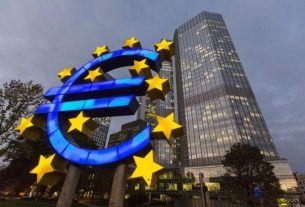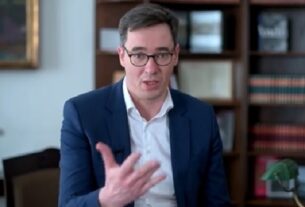Addressing the links between natural resources like food, energy, water, land, materials and ecosystems services is key to supporting Europe’s ambitions in shifting to a sustainable future, according to a European Environment Agency (EEA) briefing published today.
Europe’s drive towards sustainability would benefit from a wider and joint approach to the use of the vital resources that underpin the functioning of core production and consumption systems according to the EEA briefing ‘Resource nexus and the European Green Deal’ .
The EEA briefing puts forward the concept of the ‘resource nexus’ which specifically looks at the interlinkages between resources. It looks at the role the nexus can play in supporting policy coherence and integration in the context of the European Green Deal.
Applying the ‘resource nexus’ to policies can help generate information on synergies and trade-offs across multiple resource-related goals. The briefing uses case studies on organic farming, advanced biofuels and electric vehicles to illustrate.
Natural resources have been under increased and unprecedented pressure for decades amid growing populations, economic development and changing lifestyles. This in turn has put pressure on the earth’s life-support systems through climate change, biodiversity loss, and changes in the chemical composition of the atmosphere. Wise use and management of our natural resources along with conservation strategies are central to Europe’s environmental sustainability policy framework, notably through the European Green Deal.
Figure 1. The European Green Deal in relation to the nexus between natural resources and to the nexus between systems of production and consumption.
eea.europa.eu


















